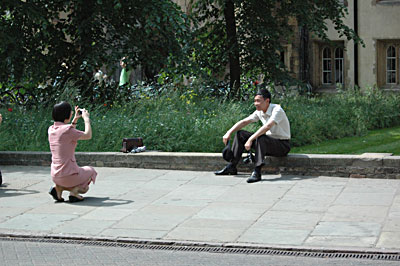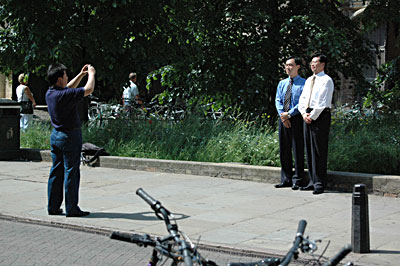This morning’s Observer column…
This year, Bloomsday was marked in somewhat different ways. In Dublin, the festivities were cancelled because of the state funeral of Charlie Haughey, the former Taoiseach. Such restraint was entirely out of character with the spirit of Bloomsday, for Haughey was as colourful a rogue as any encountered by Leopold Bloom on his perambulations on the day in 1904 on which the novel is set. The correct thing to do would have been to infiltrate the obsequies, thereby highlighting the absurdity of a political establishment seeking to pretend that Haughey had been somehow a statesman of note.
The failure of Joycean nerve in Dublin was, however, offset by a laudable display of spunk in California, where Professor Lawrence Lessig of Stanford University filed a legal suit against James Joyce’s grandson, Stephen Joyce, in a US district court, accusing the administrator of the writer’s estate of ‘copyright misuse’.
Given that the entire publishing world has been legally intimidated by Stephen Joyce for decades, this is a landmark action. And the case will be followed with interest in every jurisdiction in which works on James Joyce are published….




